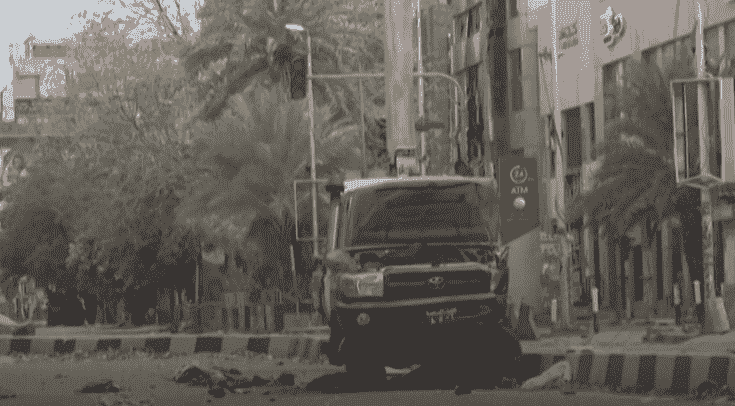
Additional airstrikes and battles have reportedly occurred in Sudan, dimming prospects for the most recent effort at a ceasefire in the war-torn nation.
The commencement of a new seven-day ceasefire occurred officially at 21:45 local time (19:45 GMT). However, there have been reports of ongoing hostilities in Khartoum and other areas, despite the truce.
Sudan Ceasefire Monitoring Mechanism
The violence began five weeks ago, sparked by a power struggle between the regular army and a paramilitary faction.
Previous attempts to establish a sustainable cessation of hostilities in this North-East African nation have been unstable or unsuccessful. Nevertheless, there was renewed hope for this latest ceasefire, resulting from formal negotiations facilitated by Saudi Arabia and the United States.
The new agreement, as stated in a joint US-Saudi statement issued on Saturday, would be enforced through a ceasefire monitoring mechanism. This statement also acknowledged the previous failures in achieving lasting peace.
Read more: Moving Assistance Program: Who Is Eligible For CalWorks Program?
Tensions Over RSF Redeployment

However, just hours before the agreement was set to take effect, the paramilitary Rapid Support Forces (RSF) conveyed a bellicose message.
General Mohamed Hamdan Dagalo, commonly known as Hemedti, made a recorded audio message stating that his troops would not retreat until they ended what he referred to as a coup.
Witnesses informed the AFP news agency of clashes in north Khartoum shortly after the official start of the ceasefire, as well as airstrikes in the eastern part of the city.
In the meantime, civilians told Reuters that they heard gunfire in Omdurman and Bahri, twin cities of Khartoum, although they did not report significant violations of the truce. The conflict erupted in Khartoum on April 15 following a period of tension when RSF members were redeployed nationwide, perceived as a threat by the army.
The primary dispute revolves around General Dagalo and the military leader, General Abdel Fattah al-Burhan, who has been Sudan’s de facto leader since the ousting of President Omar al-Bashir in 2019.
The fighting has resulted in the loss of hundreds of lives, and the UN has warned of a deteriorating situation in a country where a large number of people were already reliant on humanitarian assistance prior to the conflict. Furthermore, over a million individuals have been displaced since the conflict began.
Read more: Health Emergency: CDC Raises Alarm Over Skyrocketing Dengue Cases In Puerto Rico And US Territories

